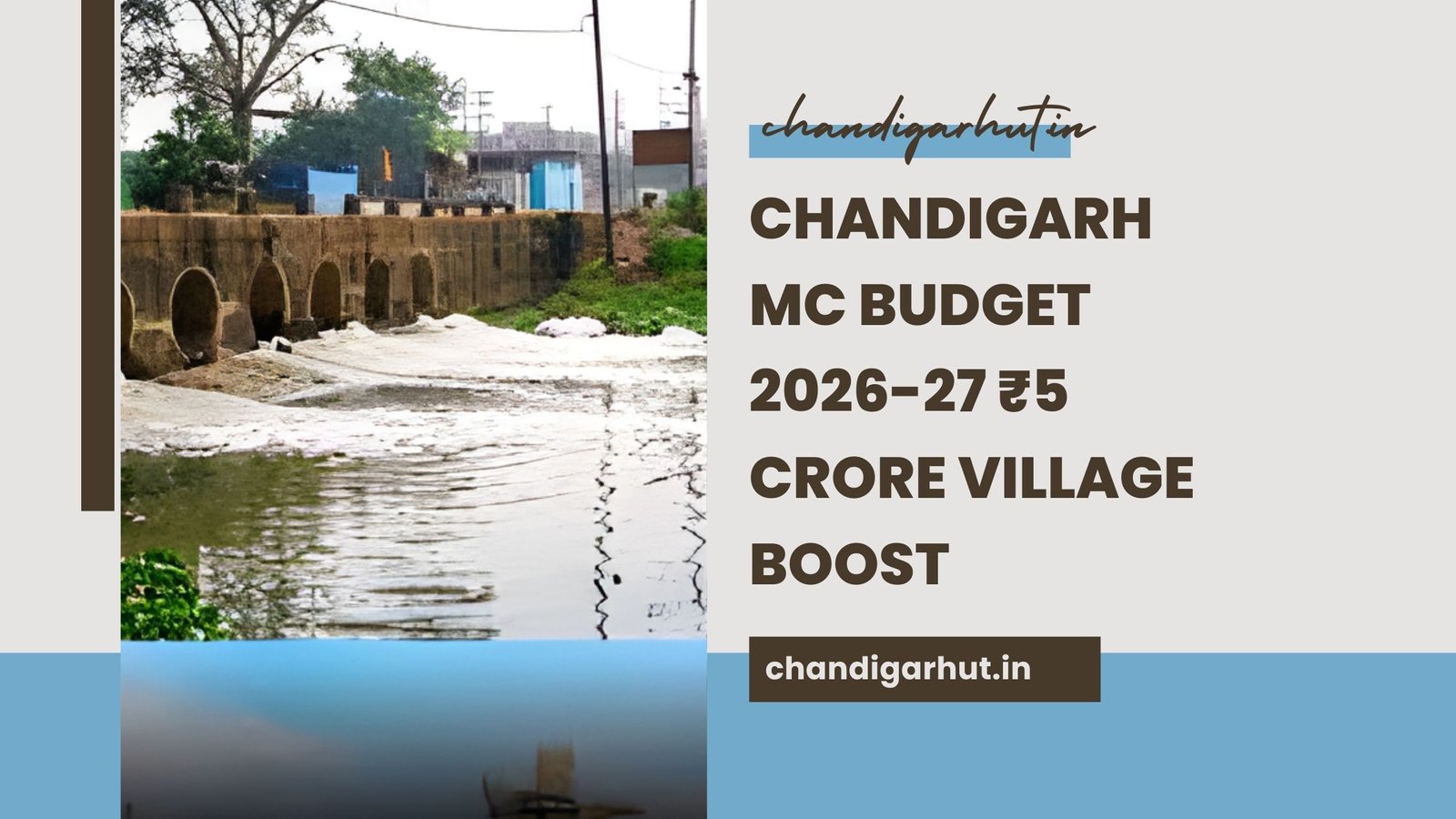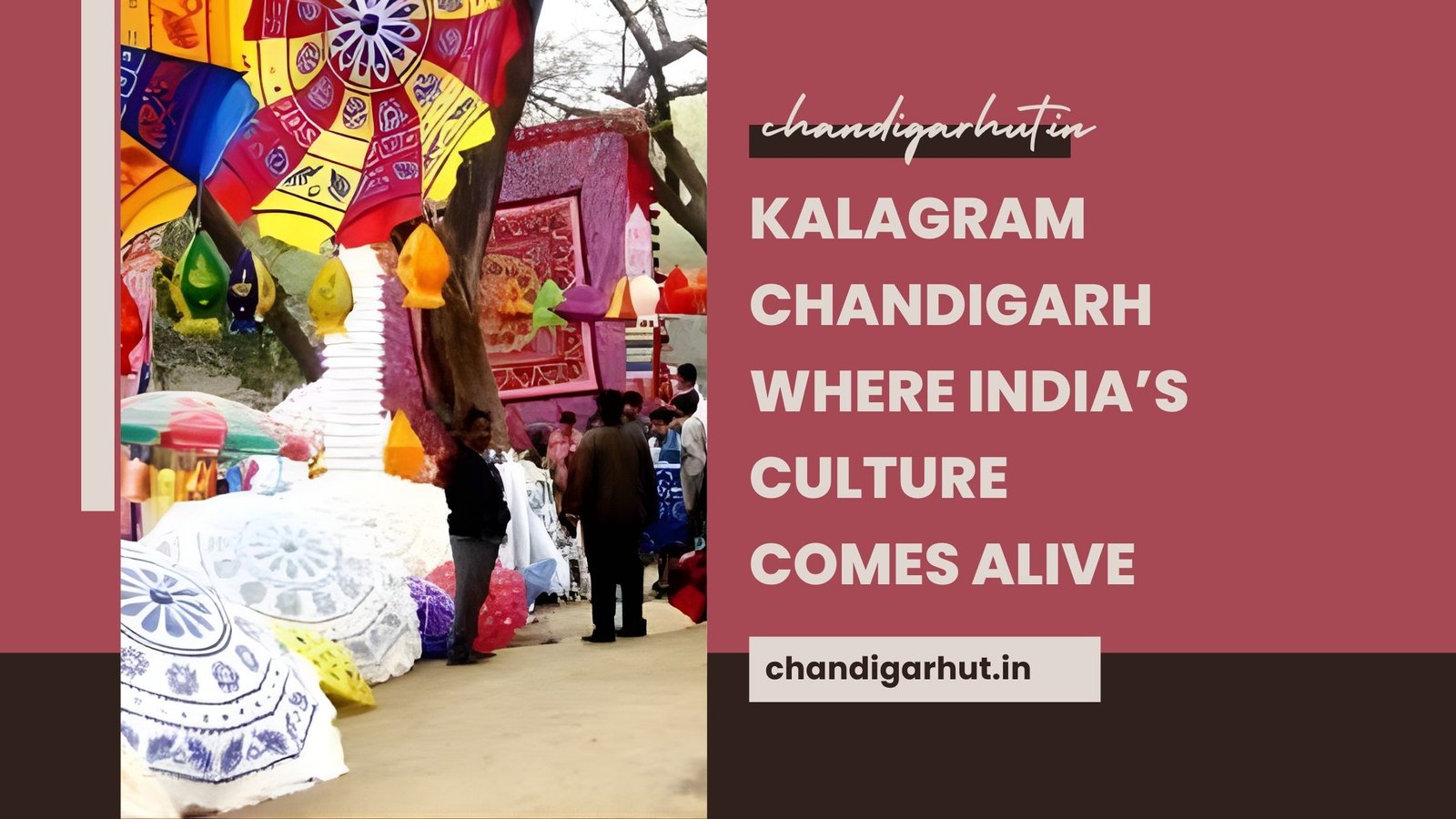In a major development in Chandigarh tourism news, the Chandigarh Industrial and Tourism Development Corporation (CITCO) has announced plans to explore a Public-Private Partnership (PPP) model to manage its state-run hotels. This move, according to officials, aims to enhance service quality, boost profitability, and align government hospitality operations with global best practices.
The proposal — still under review — has stirred debates among employees, industry experts, and policy analysts, becoming a major talking point in Chandigarh tourism news about its impact on the city’s hospitality landscape.
Key Takeaways
- CITCO is considering handing over operations of its hotels to private players under the PPP model.
- A seven-member committee has been formed to study feasibility and implementation.
- The move targets efficiency, modernization, and financial sustainability.
- Employee unions have raised objections, citing fears of job insecurity and privatization.
- The decision marks a turning point in Chandigarh’s tourism and hospitality governance.
This update has already become a major highlight in Chandigarh tourism news, drawing attention from both policymakers and hotel industry stakeholders.
What Prompted CITCO’s Move Toward a PPP Model?
The decision emerged from mounting financial pressure on CITCO, which operates several of Chandigarh’s most iconic hospitality properties of Chandigarh— including Hotel Mountview, Hotel Shivalikview, and Hotel Parkview.
Despite their prestige and prime locations, these establishments have witnessed declining profits and rising operational costs.
According to internal reports cited in Chandigarh tourism news, CITCO’s net profit margin has dropped consistently over the past few years, even as private hotels and boutique stays in the Tricity region recorded strong growth.
Officials believe that a PPP model could inject efficiency and innovation into these legacy institutions, allowing them to compete with modern private-sector hotels that attract younger travelers and international tourists.
“The PPP model doesn’t mean privatization — it’s about professionalizing management while retaining government ownership,” said a senior UT official involved in the planning process.
CITCO Hotels Under the PPP Lens
CITCO currently manages some of the most recognized names in Chandigarh’s tourism circuit. Here’s a look at the properties likely to be part of the proposed PPP transition:
| Hotel Name | Location | Current Status | Possible PPP Objective |
|---|---|---|---|
| Hotel Mountview | Sector 10 | Flagship luxury hotel | Revamp interiors, attract business travelers |
| Hotel Shivalikview | Sector 17 | Mid-range business property | Modernize amenities, improve occupancy |
| Hotel Parkview | Sector 24 | Budget-friendly option | Digitize operations, target student/family stays |
| Kalagram Complex | Manimajra | Cultural & food hub | Integrate tourism + dining experiences |
The PPP model is expected to invite private operators to manage daily operations, marketing, and guest services while the UT Administration retains ownership and oversight.
Reactions from Employees and Unions
Not everyone in Chandigarh’s tourism ecosystem is celebrating the move. CITCO’s employee unions have voiced strong opposition, calling the PPP plan a step toward “privatization by stealth.”
“We have seen how previous PPP projects led to loss of permanent jobs and diluted employee benefits,” said Amarjit Singh, president of the CITCO Employees’ Association.
“Government hotels were meant to set standards, not surrender to private control.”
The unions have demanded that the administration conduct consultations with workers before finalizing any model. They’ve also highlighted concerns about potential layoffs, loss of job security, and erosion of public accountability.
Why the PPP Model Appeals to Chandigarh Administration
From a policy perspective, Chandigarh’s administration views the PPP approach as a strategic modernization initiative.
The UT’s tourism and hospitality sector is growing, but CITCO’s operational framework remains outdated, burdened with bureaucratic layers and limited marketing capacity.
The PPP model promises:
- Improved service delivery: Private operators bring professional expertise in hospitality management.
- Revenue sharing: The government continues earning fixed returns without daily operational liabilities.
- Brand rejuvenation: Collaborations with reputed hospitality chains can revive the image of older hotels.
- Tourism promotion: Enhanced services can attract more national and international visitors, boosting Chandigarh’s GDP.
As per recent Chandigarh tourism news, the UT administration believes this approach could “turn CITCO’s assets into profit centers” and elevate Chandigarh’s profile as a premium tourist destination.
Past Performance: The Financial Reality Check
CITCO’s annual reports reveal the financial strain prompting reform. Here’s a brief comparison:
| Financial Year | Net Profit (₹ Crore) | Trend |
|---|---|---|
| 2021–22 | 4.3 | Declining due to COVID impact |
| 2022–23 | 3.1 | Competition from private hotels |
| 2023–24 | 2.5 | Rising operational expenses |
| 2024–25 (projected) | 2.0 | Need for structural overhaul |
The downward trajectory underscores the urgency for transformation.Analysts following Chandigarh tourism news point out that CITCO’s performance directly impacts the city’s image as a government-driven hospitality brand..
Expert Opinions: Reform vs Resistance
Tourism and economics experts have welcomed the debate, suggesting that CITCO’s PPP model could act as a blueprint for other government hospitality entities across India.
Dr. Ritu Sharma, a hospitality management professor at Panjab University, explained:
“Chandigarh has always balanced governance with innovation. A well-planned PPP can blend public accountability with private efficiency — but transparency is non-negotiable.”
However, some experts caution against “hasty privatization.” They emphasize clear contractual clauses to safeguard public interest, ensure job continuity, and maintain quality standards.
Comparing the Models: Before vs After PPP
| Operational Aspect | Current CITCO System | Proposed PPP Model |
|---|---|---|
| Management | Fully government-run | Joint operation with private partner |
| Funding | Public funds | Shared investment |
| Accountability | Bureaucratic | Performance-driven |
| Employee Control | Government employees | Mixed or outsourced workforce |
| Guest Experience | Standardized but outdated | Modern, market-oriented |
| Profitability | Declining | Expected to increase |
This comparison highlights why policymakers see PPP as a “win-win” approach — although execution will determine its success.
Political and Public Reactions
The debate has dominated Chandigarh tourism news discussions, reflecting public curiosity about whether privatization will uplift or dilute city-run tourism assets.
Business chambers like the CII Chandigarh Council have praised the move for its “economic sense,” while opposition leaders call for greater transparency.
Public sentiment is mixed — modernization versus affordability — but all agree the outcome will define Chandigarh’s future tourism identity.
The Road Ahead: What Happens Next
According to Chandigarh tourism news sources, CITCO has formed a seven-member expert committee to evaluate the PPP proposal in detail.
This committee will assess:
- Operational feasibility and partner selection.
- Legal safeguards for employees.
- Revenue-sharing mechanisms.
- Long-term implications on Chandigarh’s tourism image.
A final report is expected within the next few months, after which the UT Administration will take a call on whether to proceed with tenders or pilot projects.
How CITCO’s PPP Model Could Transform Chandigarh’s Tourism Future
The proposed PPP model could redefine how Chandigarh markets itself as a hospitality hub. By combining public assets with private expertise, CITCO can bring in innovative hotel management, digital booking systems, and upgraded amenities that appeal to global travelers.
This transformation aligns perfectly with Chandigarh’s long-term vision of sustainable tourism and urban growth. As highlighted in recent Chandigarh tourism news, the administration is focusing on quality-driven travel experiences rather than just numbers — and CITCO’s hotels could become the benchmark for this change.
Moreover, the success of this model might inspire similar initiatives in other UT-run ventures such as convention centers, tourism offices, and city tour services. If executed transparently, this step could put Chandigarh on the map as a model city for modern tourism governance.
Economic Impact of CITCO’s PPP Plan on Chandigarh Tourism
The PPP model could significantly boost Chandigarh’s local economy by attracting private investments and generating employment in the hospitality sector. As noted in Chandigarh tourism news, improved hotel operations and better guest experiences are expected to increase both domestic and international tourist inflow.
Local businesses — from travel agencies to transport operators — stand to benefit from this ripple effect. With better-managed CITCO hotels, Chandigarh could witness higher occupancy rates, enhanced tax revenues, and a stronger presence on India’s tourism map.
Challenges Ahead for CITCO’s PPP Model Implementation
While the PPP model promises modernization, its success depends on transparent execution and stakeholder cooperation. As highlighted in Chandigarh tourism news, concerns remain over maintaining quality standards, fair contracts, and employee welfare.
Past PPP experiences in India show that without clear accountability, such models can face delays or disputes. For CITCO, balancing profitability with public interest will be crucial to ensure this reform benefits both tourists and the city’s economy.Experts in Chandigarh tourism news caution that clear governance and accountability will determine success.
FAQs
Q1. What is CITCO’s PPP model in Chandigarh?
It’s a plan to let private partners manage CITCO hotels to improve service and boost tourism.
Q2. Why is this in Chandigarh tourism news?
Because CITCO aims to modernize city hotels through the PPP model to attract more visitors.
Q3. Which hotels are included in the plan?
Hotel Mountview, Hotel Shivalikview, and Hotel Parkview are expected to be part of it.
Q4. How will this affect Chandigarh’s tourism?
The move may enhance hospitality standards and strengthen Chandigarh’s tourism image.
Q5. Are there any concerns about this PPP model?
Employee unions worry about job security, but CITCO says consultations will continue.
Conclusion: Chandigarh’s Hospitality Enters a Defining Phase
As the city continues to evolve, this development stands out in Chandigarh tourism news as a defining moment in the region’s hospitality and governance journey.
CITCO’s willingness to embrace private collaboration reflects a larger shift — modernization with accountability.
This story remains one of the most watched in Chandigarh tourism news, symbolizing the city’s ongoing transition toward smarter, more sustainable tourism models.
🔗 Stay tuned to Chandigarhut.in for updates, expert insights, and full coverage of Chandigarh tourism news and the evolving story of CITCO’s PPP journey.









